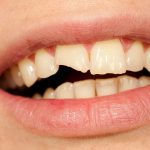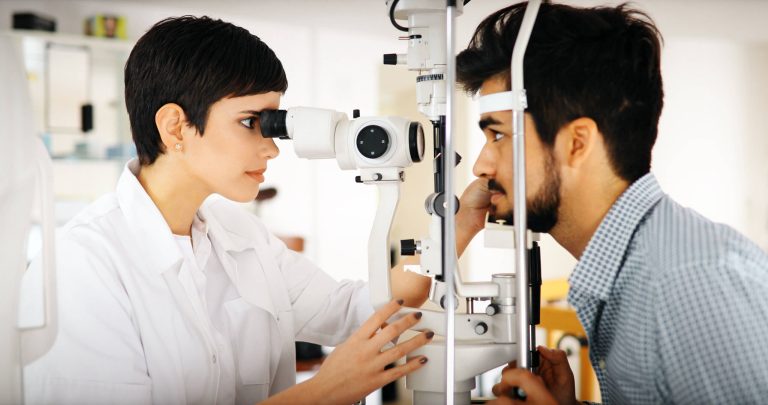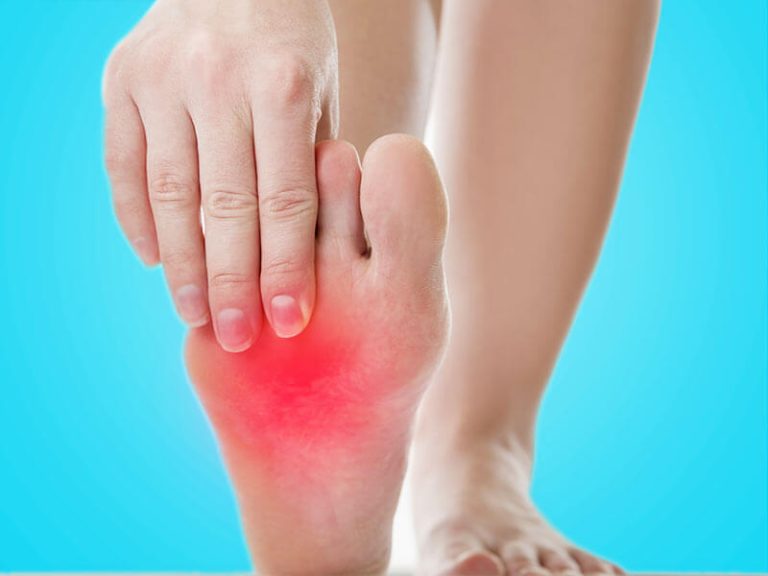Day: January 25, 2024
Common Misconception about Tooth Implants
When it comes to a missing tooth, dentures remained the only option for decades. Fortunately, advancements in dental implant technology have made more options available, […]
Tips to Manage a Pinched Nerve
Brian R. Subach, MD, FACS is one of the most prominent spinal cord specialists in Virginia. One of the services offered at his practice is […]















